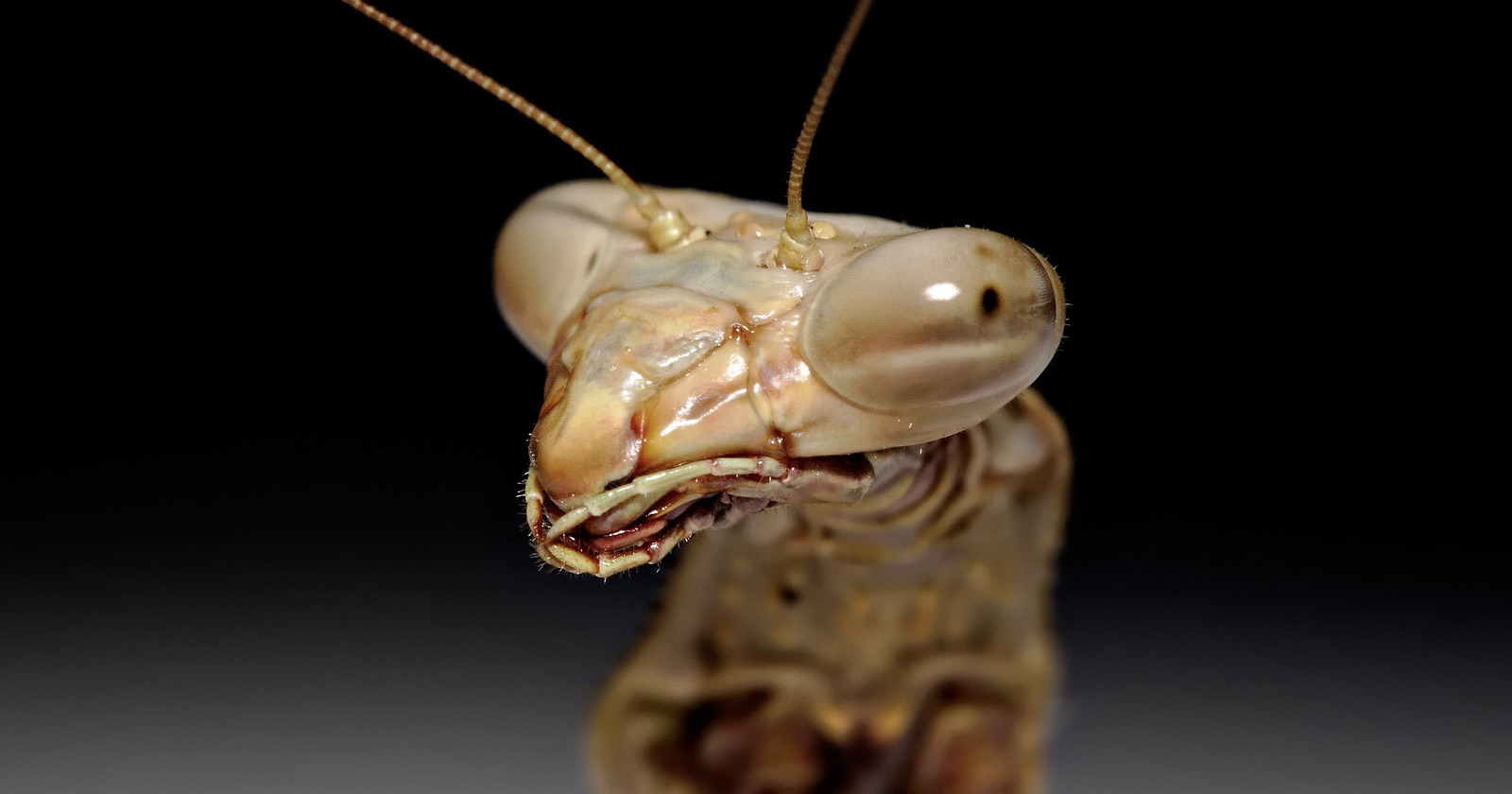 Intelligent Design
Intelligent Design
 Neuroscience & Mind
Neuroscience & Mind
Do Invertebrates Have Feelings?

People did not ask this question about invertebrates like bees and snails fifty years ago:
Decades ago, scientists and lawmakers had all but reached a consensus that invertebrates could not feel pain, let alone other emotions like joy or fear. Recently, however, evidence is mounting that invertebrates are more than just reflexive beings. Experiments in bees, crabs, and octopuses show that some invertebrate animals can learn from painful experiences, have positive and negative emotion-like states, and might even experience a range of other emotions beyond pain and pleasure. But not all scientists agree that invertebrates feel anything analogous to vertebrate — much less human — emotion.
NATALIE MESA, “DO INVERTEBRATES HAVE EMOTIONS?” AT THE SCIENTIST (MAY 26, 2022)
Assessing the evidence is tricky. In recent years, we have discovered that some invertebrates — octopuses, squid, and cuttlefish, for example — are much more intelligent than we used to think. That’s also true to some extent of lobsters and crabs. But they are special cases. Many other invertebrates, like clams, show little sign of cognitive awareness.
As Mesa goes on to note, it is hard to tell without skilful research. Many invertebrates do not have “faces” and their brains are organized very differently from ours. And, bluntly put, some invertebrate behavior does not point in the direction of much sentience. As she observes, “Locusts continue to chew leaves as they’re being consumed by predators, and many insects don’t limp in response to injury.” Then there’s the praying mantis:
Animal Algorithms
Eric Cassell, author of Animal Algorithms (2021), and entomologist Deborah M. Gordon describe the behavior of insects like ants as algorithmic, like that of a computer — which means that they probably aren’t “feeling” anything.
Other researchers also remain skeptical about pain in insects — and crustaceans:
Karen Mesce, a neuroscientist at the University of Minnesota, points out that crustaceans — like insects — lack the nervous system structures that allow humans and vertebrates to feel pain. In humans, pain and fear are processed in the amygdala and the limbic cortex, which the brains of crustaceans and insects lack. Human brains “have these special structures so that we can recall a heightened sense of whether things are good and bad,” she says.
NATALIE MESA, “DO INVERTEBRATES HAVE EMOTIONS?” AT THE SCIENTIST (MAY 26, 2022)
Of course, it may turn out that some of the smarter invertebrates have equivalent — though not similar — structures to ours. At any rate, most researchers will concede pain in otherwise clearly intelligent cephalopods (octopuses, squid, and cuttlefish), if not insects:
The research question is really a bid for more humane treatment of intelligent invertebrates in industry.
Read the rest at Mind Matters News, published by Discovery Institute’s Bradley Center for Natural and Artificial Intelligence.

